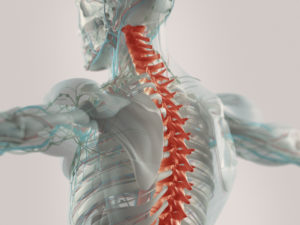What at one time might have seemed like a rare operation has today become one of the most common types of surgeries people have. In fact, over the past decade, the number of hip replacement surgeries has doubled in this country, with more than 300,000 of the procedures done every year.
But along with how common this surgery is, comes with it hundreds of thousands of device failures and complications. This is particularly true of the metal-on-metal hip implants. These type of hip replacements were developed because they were thought to be stronger, but instead, have put many people at serious health risk.
FDA Warning
In 2011, the Food and Drug Administration (FDA) issued a warning about metal-on-metal hip replacements. The FDA found that the two different types of metals used in the implants – cobalt and chromium – caused friction when they were rubbed together. This friction releases metal debris into the patient’s surrounding tissue and bloodstream and can often become toxic.
The warning stated that these devices presented a “unique risk” to patients and required all makers of hip implants to conduct studies to determine what the rate of failure was.
These studies showed that metal-on-metal implants were linked to high rates of blood clots, dislocation, fractures, infections, and nerve damage. These studies also revealed high rates of a condition called Metallosis. This is where a build-up of metal debris ends up in the soft tissue, a type of metal poisoning, and can result in bone and tissue death, as well as severe pain and implant failure.
That warning, and the studies manufacturers conducted, resulted in the removal of several models which showed high-failure rate off the market. Unfortunately, despite that warning and the multiple recalls issued, there are still thousands of patients walking around with dangerous and defective hip implants.
Have You Suffered Hip Implant Complications?
For many patients who still have the metal-on-metal hip implants, it may feel like a ticking time bomb, waiting to see if the device will fail or cause other complications. Symptoms that signal a serious issue include:
- Clicking and grinding noises when you are walking;
- Mobility problems;
- Severe and/or chronic pain in the hip, groin, or leg; and
- Swelling around the hip joint area.
If you are suffering from any of these symptoms, get to a doctor immediately. If left untreated, you could end up dealing with severe health problems. You should also contact a North Carolinas defective medical device attorney to discuss what legal recourse you may have against the manufacturer for the pain and losses this condition has caused you.










Comments for this article are closed.